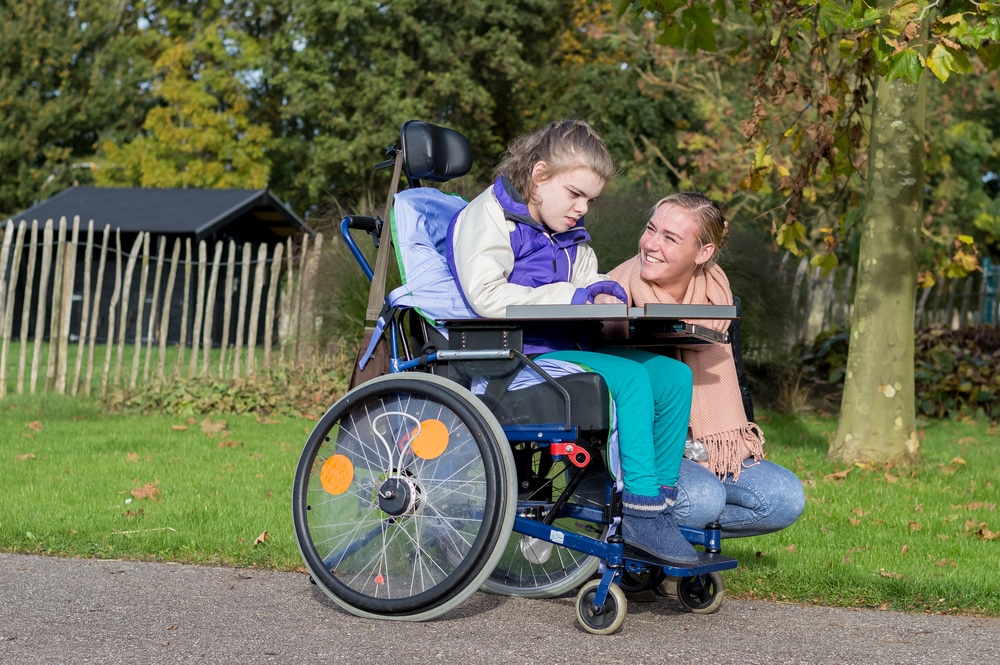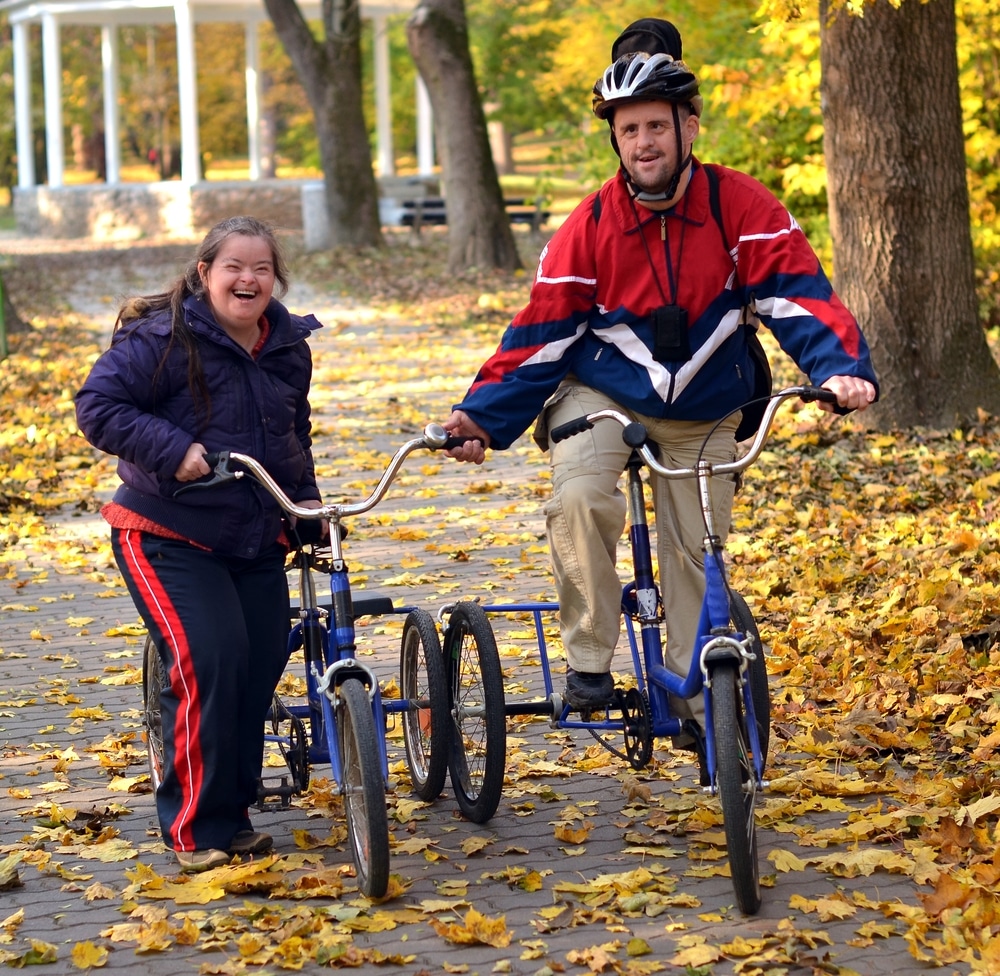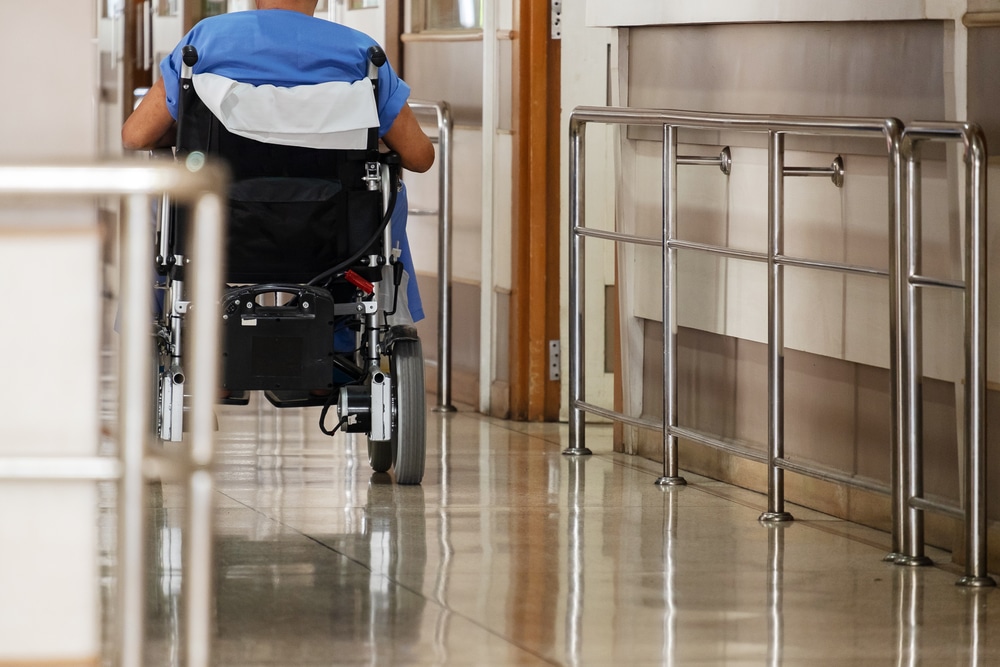How the VA supports Veterans with adult children with disabilities
Being a veteran is a large part of your life—but it’s not the only part. Veterans who are parents of a child with a physical or mental disability know this all too well. You experience joy in being a parent while also navigating the barriers that your child will face in life. In light of these challenges, the Veterans Administration offers assistance to support families with an adult child with a disability. This blog will give you a quick glimpse into whether you are eligible for monthly compensation regarding a ‘helpless child’.
What is the ‘Helpless Child’ benefit?
This monthly financial compensation is awarded to a veteran if, in addition to having a service-connected disability, they also have an adult child with a mental/physical disability that renders them incapable of self-sufficiency.
Qualifications for the Helpless Child benefit

There are several qualifications that must be met in order to receive monthly financial compensation for a ‘helpless child’. These qualifications pertain to the veteran and the ‘helpless child’. Let’s start with the Veteran.
Simply stated, one parent/caregiver of the child must be a veteran (previous active duty in the military, air, or naval services). Additionally, it is important to note that the character of service matters with this monthly benefit as it does with all others. Generally, you are eligible to apply for VA benefits as long as you were not dishonorably discharged.
Your Child
According to the VA, a ‘helpless child’ must meet the following four criteria. They must be:
- The child of a veteran,
- 18 years of age or older,
- Diagnosed with a mental/physical disability before the age of 18 that leaves them with a permanent incapacity for self-support, and
- Currently disabled with a permanent incapacity for self-support.
In the rest of this article, we will break down each of these qualifications. However, the reworded statement below may help clarify what these criteria mean.
‘The child of a Veteran was diagnosed with a mental/physical disability before they were 18 years old. Since then, the child has been incapable of meeting their basic needs and has had to rely on others to meet these needs because of their disability. The parent/caregiver provides for the child financially and takes care of their daily needs; they will continue to do so into the foreseeable future.’
Criteria #1: The child of a Veteran
In order to receive this compensation, or any compensation through the VA to a child, there must be a recognized relationship. This veteran-child relationship can include the following:
- a legitimate child
- a legally adopted child
- a stepchild who is a member of a veteran’s household, or
- an illegitimate child only if the father acknowledges it or child support payments are being made.
With that said, families are complex. If you have a child that meets the other criteria for ‘helpless child’ but your relationship does not fall in one of these categories- ask a trusted source. They may be able to best direct you on how this criterion applies to your family situation.
Criteria #2: 18 years of age or older
Any child under the age of 18 can be included as a dependent for your VA Claim regardless of physical or mental status (this is done through submitting VA form 686c). After they turn 18, they are automatically removed and financial compensation for that dependent ends.
Therefore, you cannot receive benefits for a helpless child until they turn 18. In order to qualify for the ‘helpless child’ benefit, the child must be 18 years or older. Before then, they are just counted as a dependent.
Criteria #3: Diagnosed with a mental/physical disability before the age of 18 that leaves them with a permanent incapacity for self-support

This criterion is one of the more complex and we will actually break it down into two parts.
The first is that the child must have been diagnosed with a mental/physical disability before turning 18 years old. The easiest way to prove this is through a diagnosis from a medical professional dated before their 18th birthday. However, if the child was experiencing symptoms but not diagnosed till after their 18th birthday, you will need to show an official diagnosis from a medical expert in addition to evidence that the condition existed prior to their 18th birthday (this can include statements from family/friends, a medical opinion, or medical records).
The second part of this criterion is that the mental/physical disability must render them with a permanent incapacity for self-support. According to A Child’s Permanent Incapacity for Self-Support [M21-1MR, Part III, Subpart iii, Chapter 7] there are several factors that the VA will consider to determine if the child meets this criterion.
- Is the child ‘physically or mentally deficient’?
This means that the child’s physical or mental disability must impair them in performing self-care functions or in being able to complete tasks that would be expected at their age level. For example, a child who is over the age of 18 but cannot maintain expected social interactions, read/write, cook a meal, or move without assistance.
- Did the child attend school? If so, to what grade?
The child’s educational attainment will be considered, however, there is no ‘set-in-stone’ criterion in relation to what grade level the child should have gone through.
- Has there been any material improvement in the child’s condition?
If the child’s physical or mental condition has improved to the point that they are able to care for themselves-they are not qualified.
- Has the Child ever been employed?

The 3rd and 4th criteria revolve around the “helpless child” being diagnosed with a permanent disability that renders them unable to self-care before the age of 18 and is now at an adult age still unable to take care of his or her self.
Just because the child is employed does not mean that they are ineligible for the helpless child benefit. There are many factors that the VA will take into consideration when determining if the employment means that the child is not self-sufficient. You should be prepared to answer the following questions if your child is employed or has been since their 18th birthday: What was the job? What were the child’s duties? What were the dates of employment? How much were they paid?
- Is the child married?
If the child is married, the veteran is unable to receive monthly financial compensation on their behalf. The only exceptions to this are if the helpless child is a child of a Spanish-American or Indian War Veteran.
Criteria #4: Currently disabled with a permanent incapacity for self-support
The veteran’s child must be currently impacted by their physical/mental disability to the point that they cannot meet their basic needs. However, if the child’s disability begins to improve, they get married, or they obtain employment allowing for self-sufficiency, they no longer are considered to have permanent incapacity for self-support.
In this blog, we answered what the ‘helpless child’ benefit is and who is eligible. If you are eligible for this benefit, part two of this blog will guide you through the process of applying to receive monthly compensation for a ‘helpless child’.

